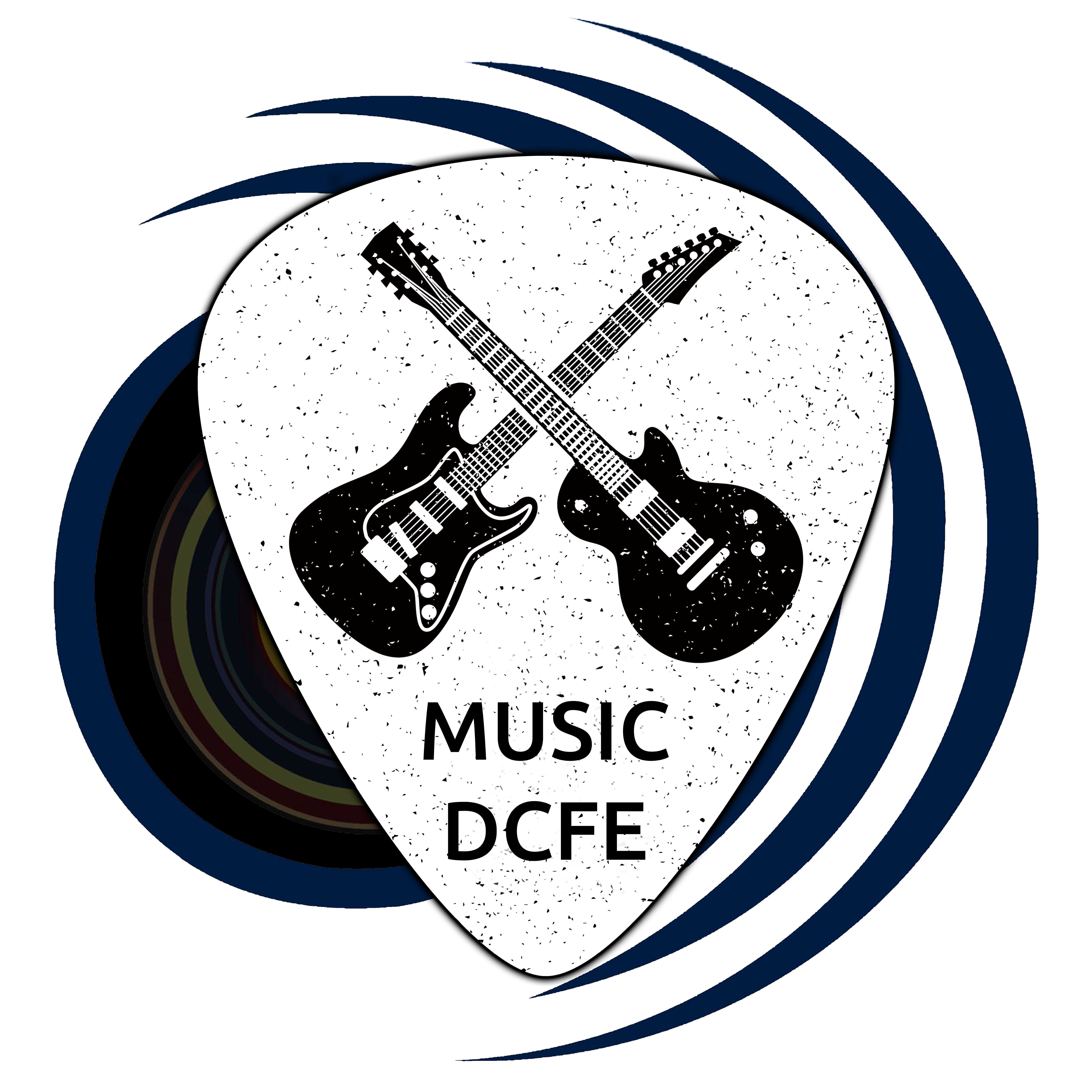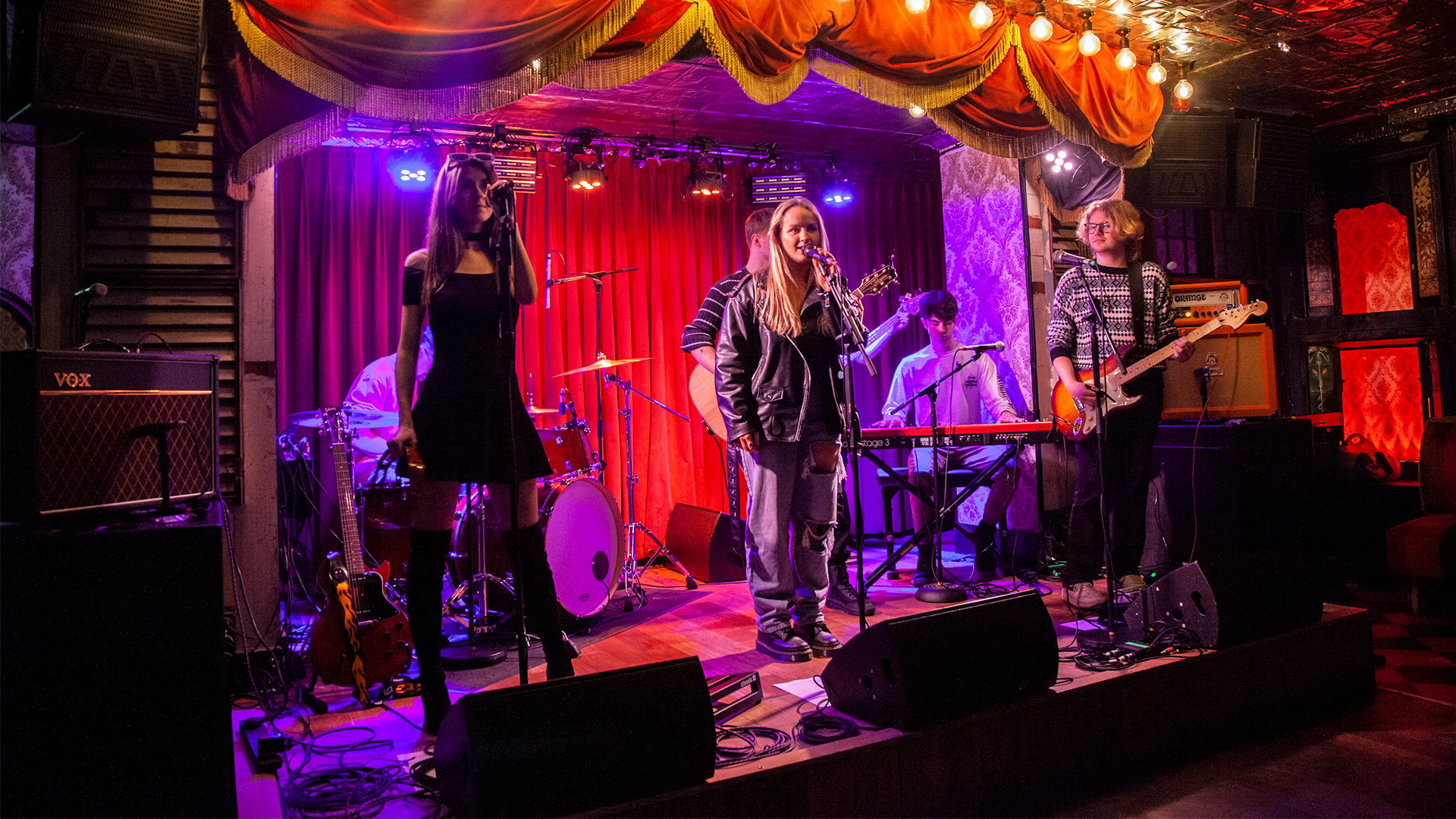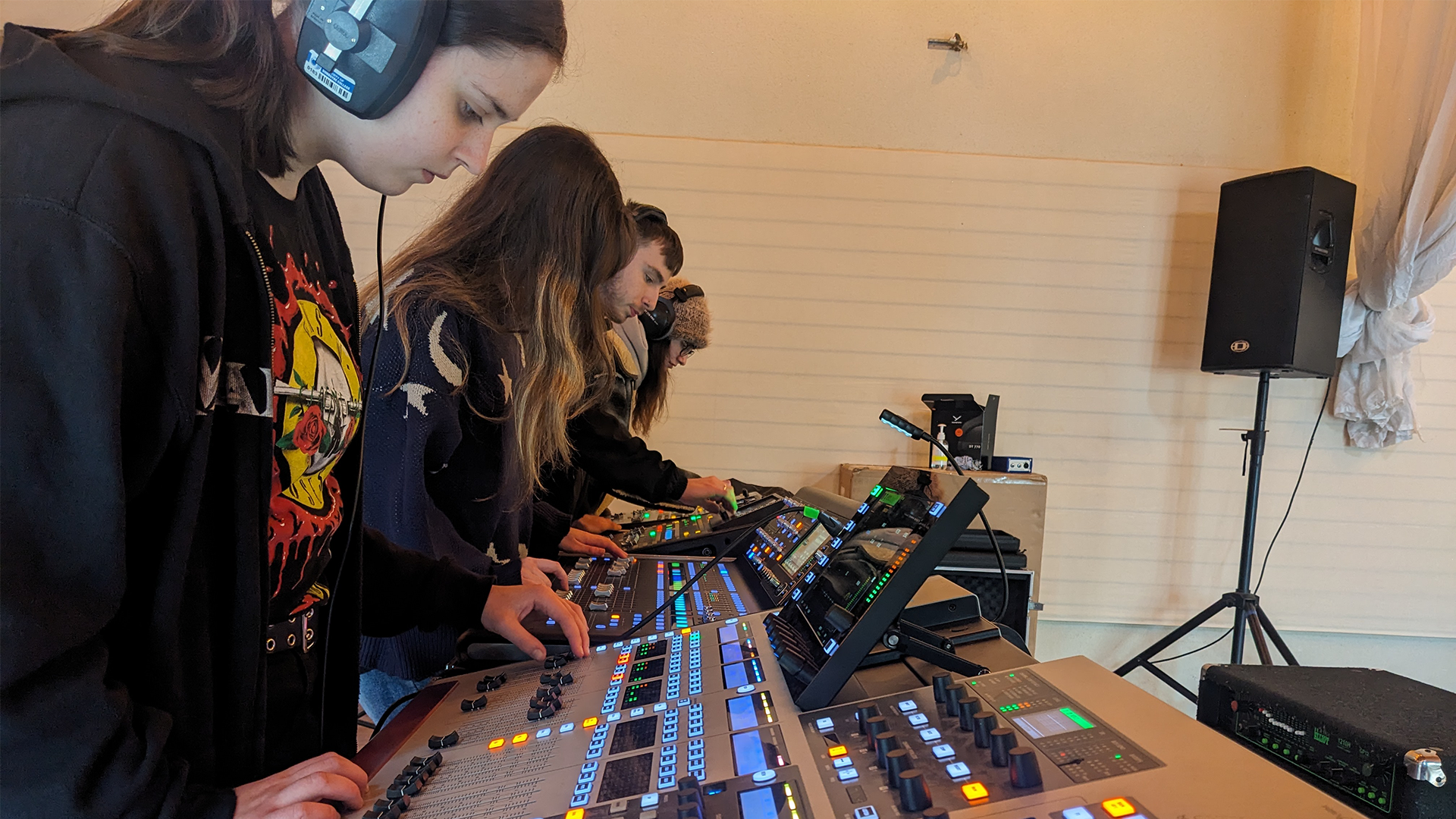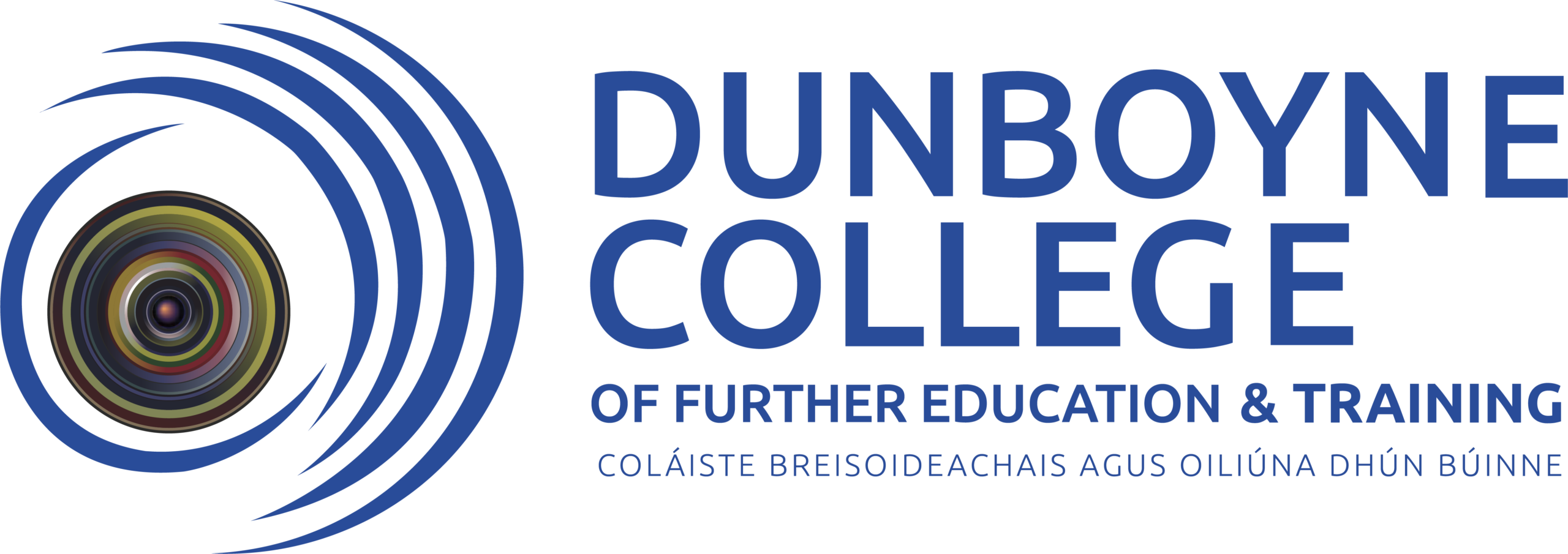DCFE offers industry-focused music performance and production college courses with expert tuition, professional facilities, and hands-on experience. Whether you want to perform, produce, or develop your artistry, our courses provide a clear pathway from foundation-level training to advanced study and industry opportunities.
With a strong focus on practical learning, students gain the skills and confidence needed to succeed in the music industry or progress to university.
Start your journey in music at Dunboyne College of Further Education and explore our courses using the links below.


Click here for Level 5
Modern Music Performance
Click here for Level 6
Artist Development for Musicans


Click here for Level 5
Music and Sound Production
Click here for Level 6
Sound Engineering

Our Partners
We are proud to partner with Camelot Studios, home to four professional rehearsal rooms, a fully equipped recording studio, a live sound venue, and dedicated production spaces. All practical elements of our music and sound courses take place at our Camelot campus, giving students direct access to industry-standard facilities.
